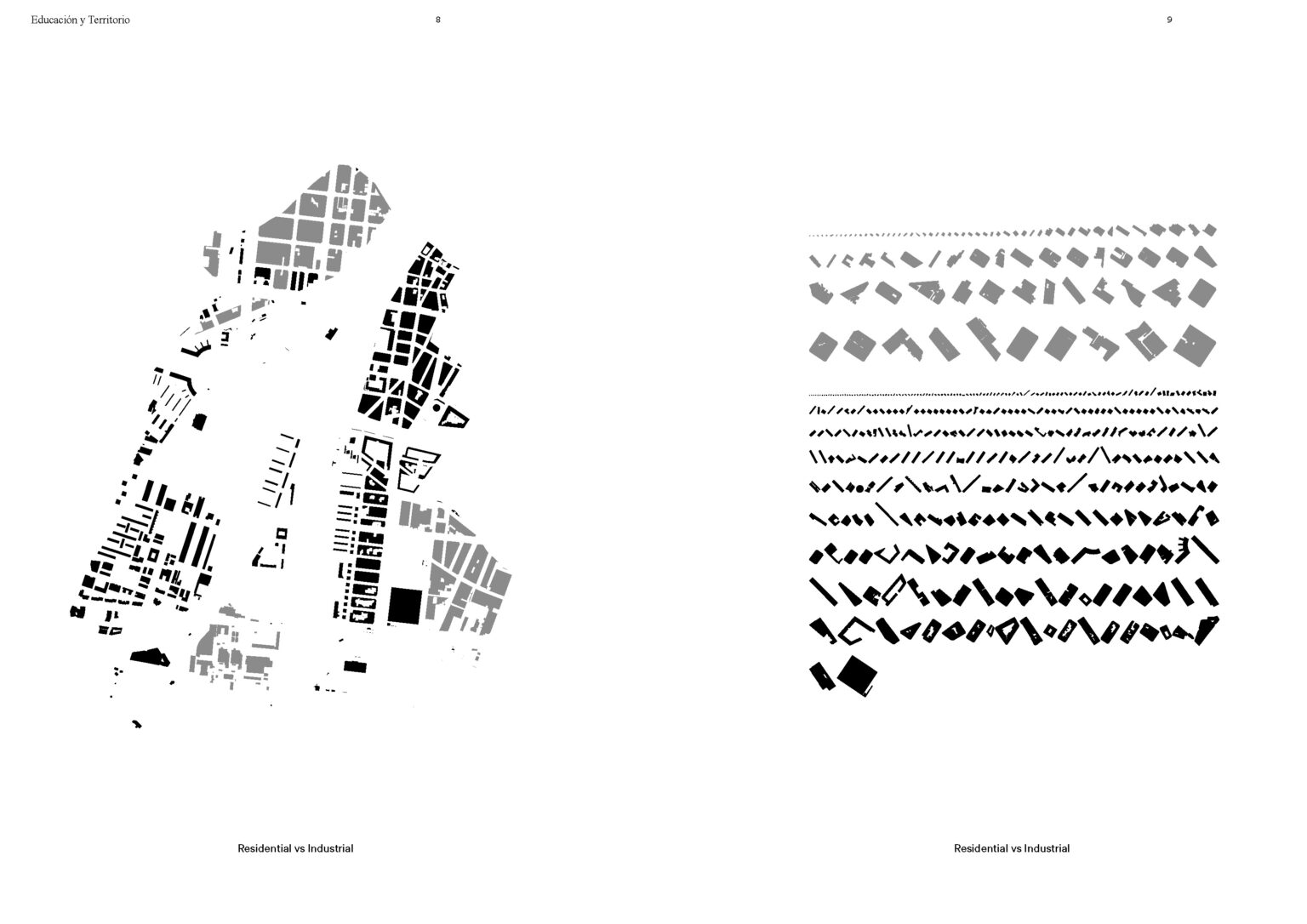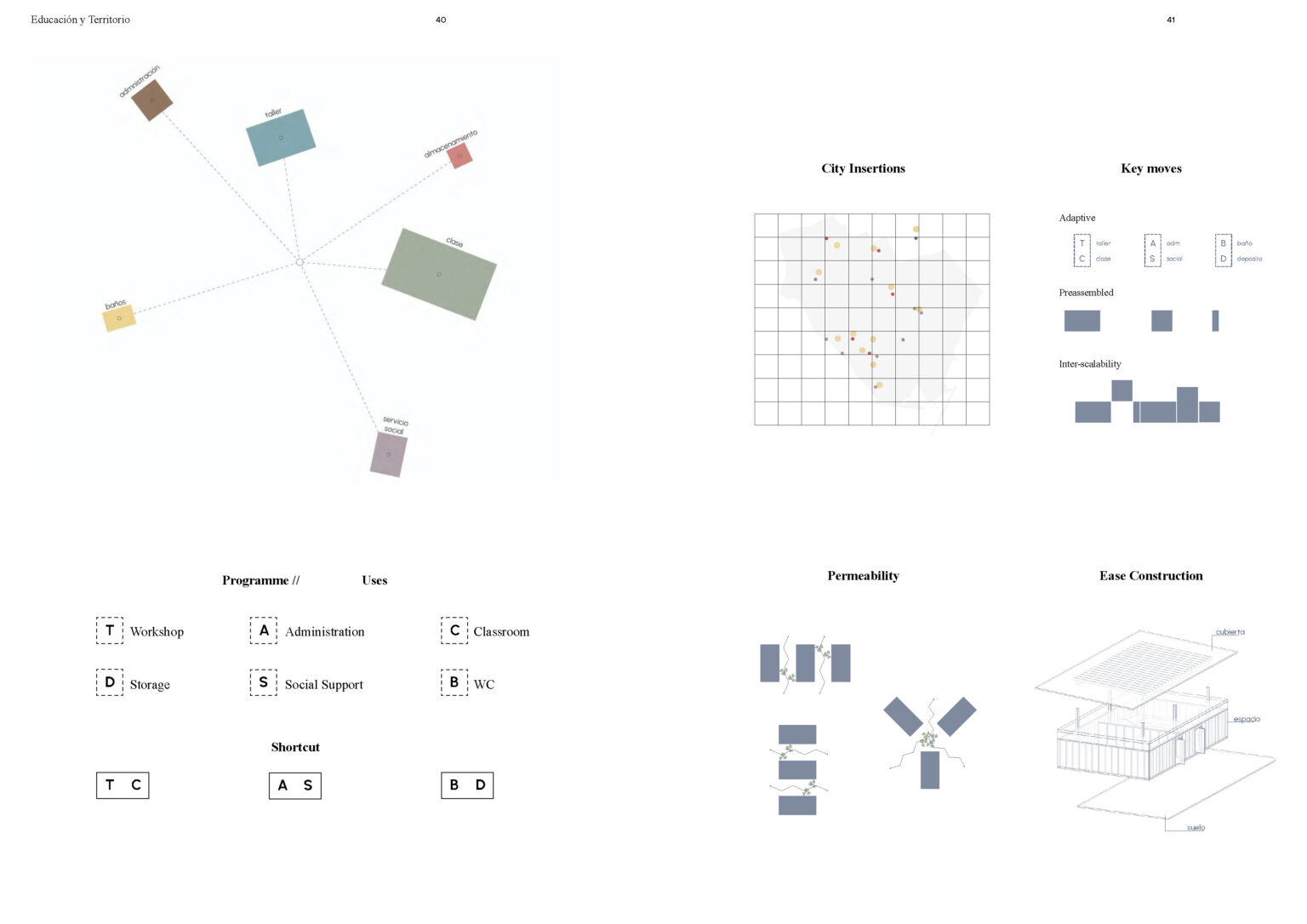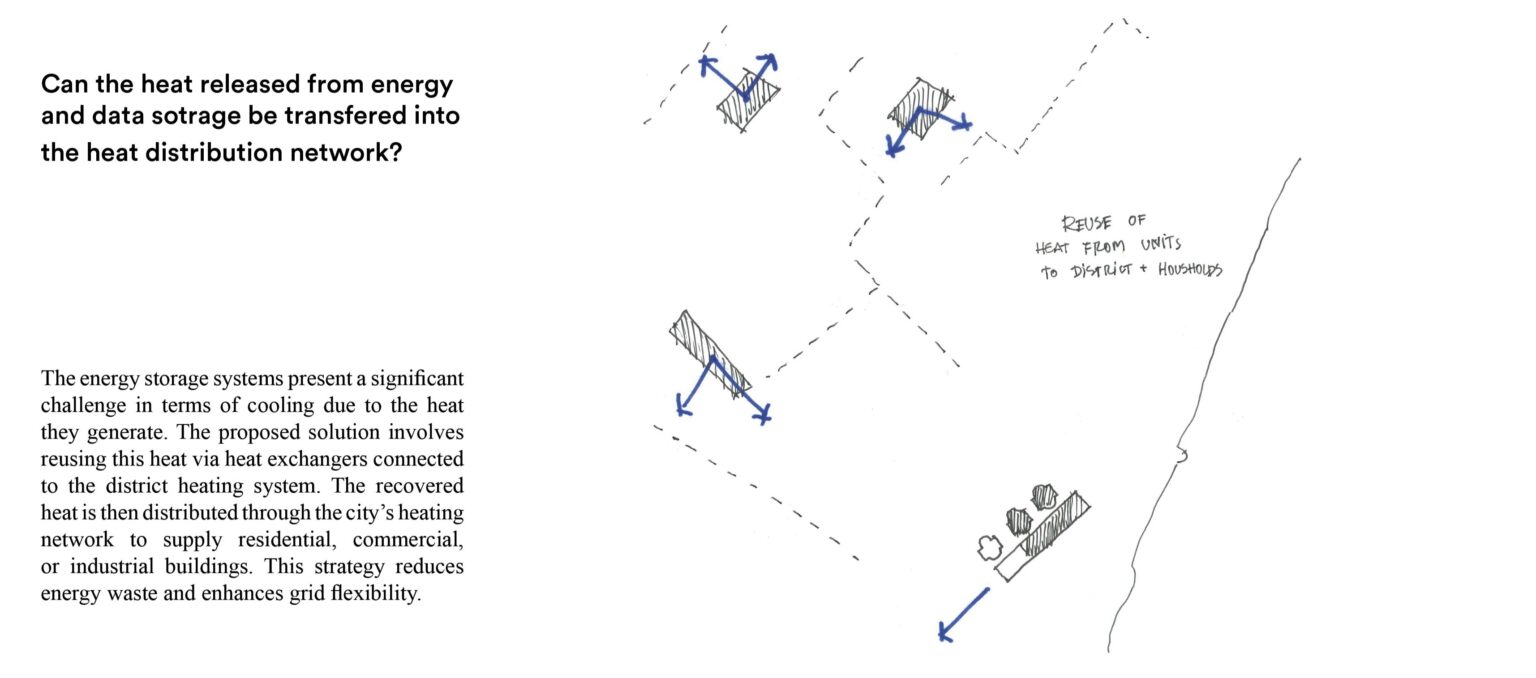MSA Stage 5 School of Architecture
Alberto Ortiz Abad

(b.1997, Spain)
Trained in architecture across DJCAD Dundee, MSA Glasgow, & ETSAB Barcelona. Professional experience includes roles at Studioschaeffer, The Hague and Alison Brooks Architects, London.

Educación Y Territorio
The project proposes rethinking educational development through an innovative approach and a new imaginary. By decentralising institutional centres and supporting the most vulnerable areas of Sant Adrià de Besòs, new opportunities arise to address education from more inclusive and transformative perspectives. Data analysis and the use of cartographic tools are essential for rigorously justifying the interventions and selected areas. This approach aims not only to improve local education but also to inspire replicable models in other urban contexts.
In Colaboration with; Henrique Canan & Carlos Valero
Respira Besòs
Climate change stands as one of the most pressing urban challenges of our time. Today, over half of the world’s population lives in cities, and this proportion is set to increase even further. These densely populated urban areas are challenged by the increasing energy demand, where most cities continue to rely heavily on fossil fuels. This dependency on non-renewable energy systems, not only contributes significantly to climate breakdown but also, to the pollution of the biosphere.
A global shift towards a renewable future is imperative. The demand for energy will be higher than ever and the transition to sustainable alternatives should increase its peace. The tools and technology to make this transition possible are moving forward like never before, yet the question remains; Why do cities continue to depend so heavily on extractive energy sources? and, can new green energy infrastructure be integrated within the existing metropolis?
This thesis explores how industrial remains can be transformed into new energy epicentres, allowing for new neighbourhoods to grow around them. In the context of the ethical city, the research examines how these relics of the past can be reimagined as integral components of a renewable future. By rethinking the integration of green energy in the city, the thesis aims to bridge the gap between traditional practices and innovative sustainable alternatives that align with the needs of contemporary urban living.
The case study focuses on the city of Sant Adrià de Besòs, a historically industrial area located on the northern edge of Barcelona (Spain). Anchored by the iconic Three Chimneys, the site offers a unique opportunity to engage with the architectural and ecological legacy of the industrial past, while rethinking its role in shaping a sustainable, post carbon urban future.













































